- 631-796-2804
- [email protected]
- Mon - Fri: 6:30AM - 5PM
Professional seal coating that extends your driveway’s life and saves you thousands in future repairs.
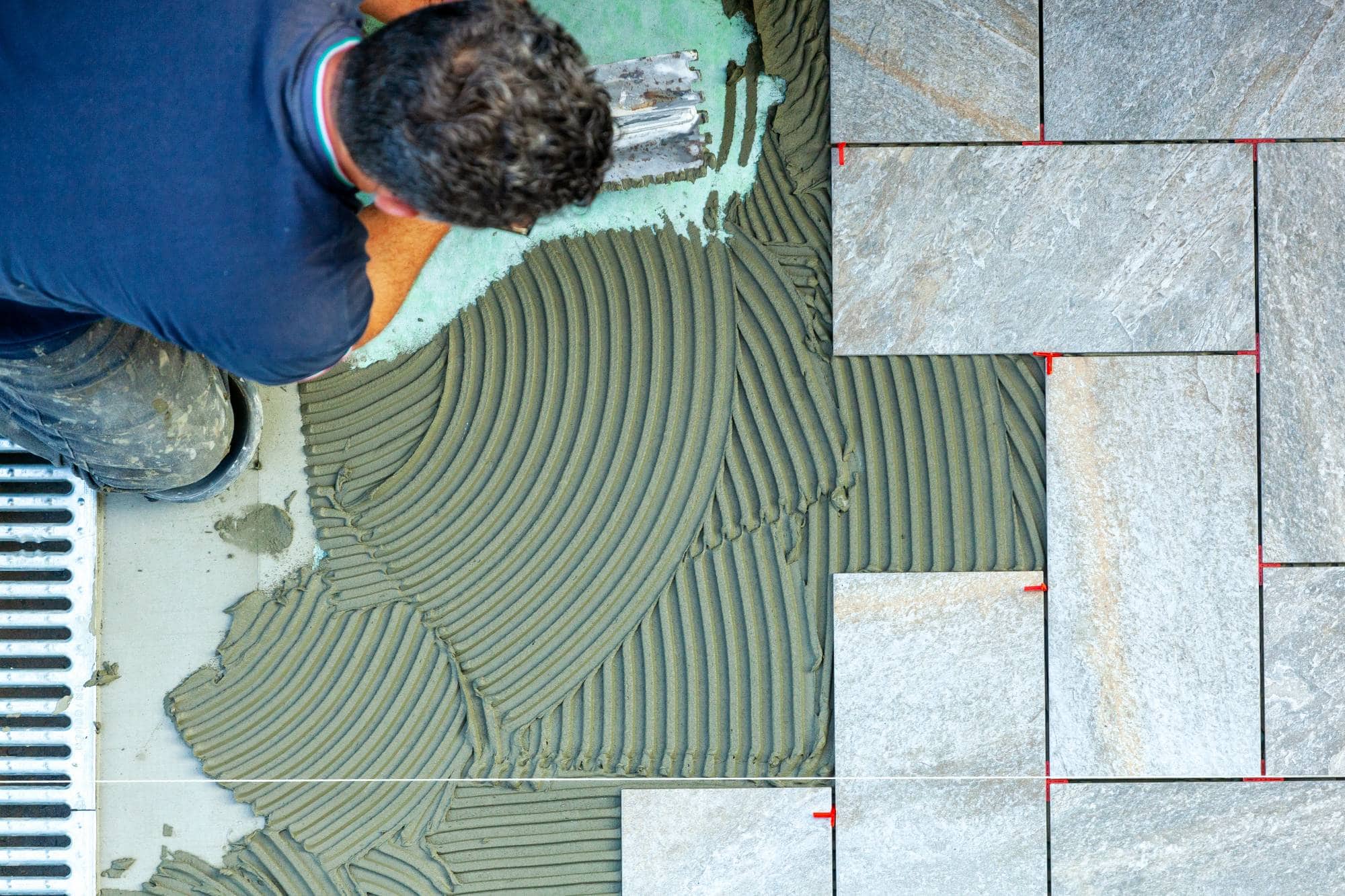
Hear from Our Customers
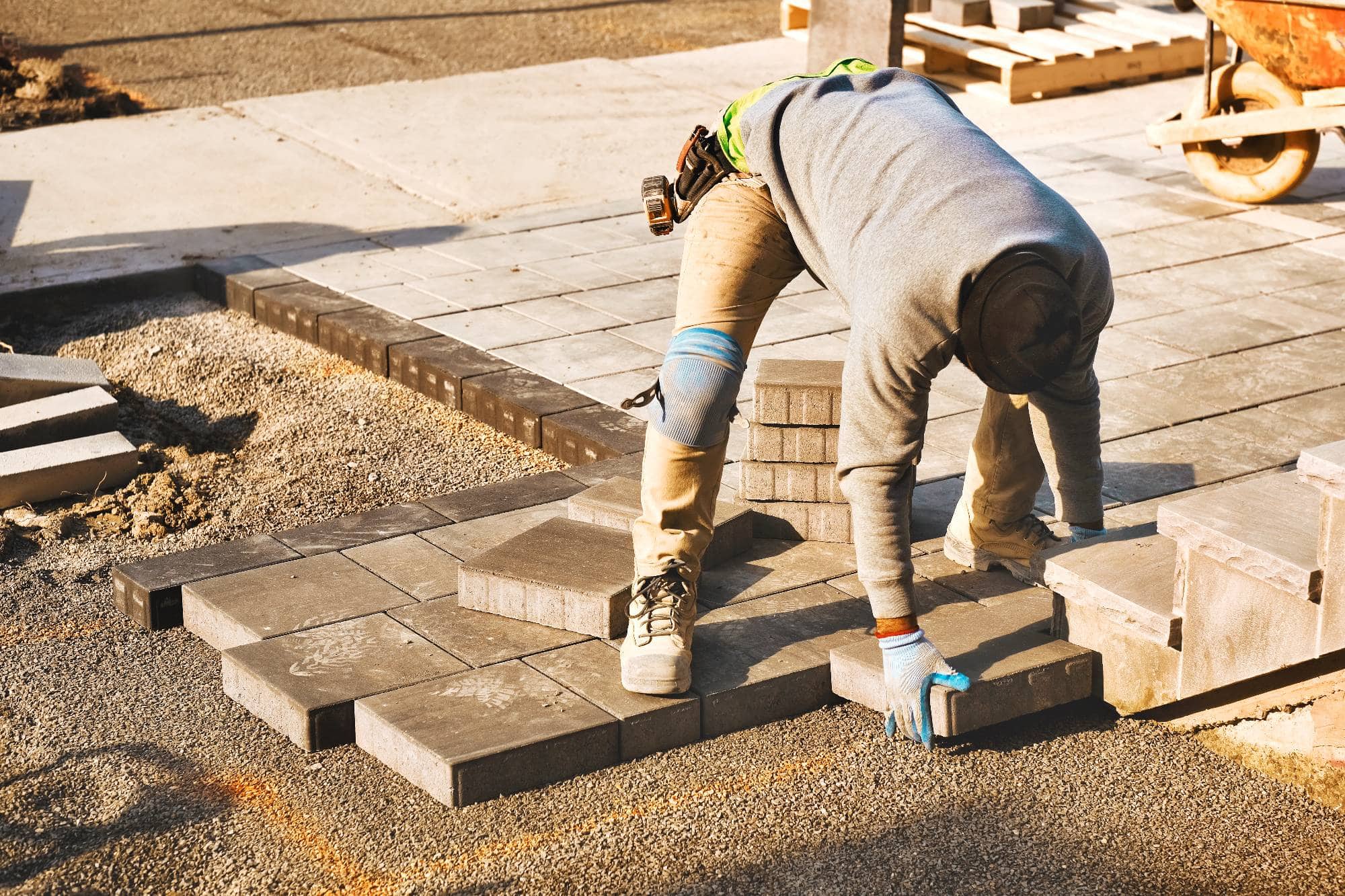
Your driveway stops looking like it’s aging out of your neighborhood. That faded, cracked asphalt gets a fresh black finish that makes your property look maintained and cared for.
More importantly, you’re buying time. Quality seal coating creates a waterproof barrier that keeps moisture from seeping into cracks and causing the freeze-thaw damage that turns small problems into expensive ones. You’re looking at extending your asphalt’s lifespan by years, not months.
The protection goes beyond water. Oil stains from cars, salt from winter, and UV rays from Long Island summers all break down unprotected asphalt. A proper sealcoat stops that deterioration before it starts, keeping your surface flexible and intact instead of brittle and crumbling.
All Purpose Paving has been handling asphalt maintenance across Long Island for years, and we understand what Middle Island properties face. The salt air, the freeze-thaw cycles, the summer heat—it all takes a toll on your surfaces.
We’re not the crew that shows up, slaps on whatever’s cheapest, and disappears. We use commercial-grade sealants that actually hold up to Northeast weather, and we time applications around conditions that matter—temperature, humidity, and forecast.
You’ll work with the same local team from estimate to completion. We’re licensed, insured, and we live in the area, so our reputation matters to us long after your driveway dries.
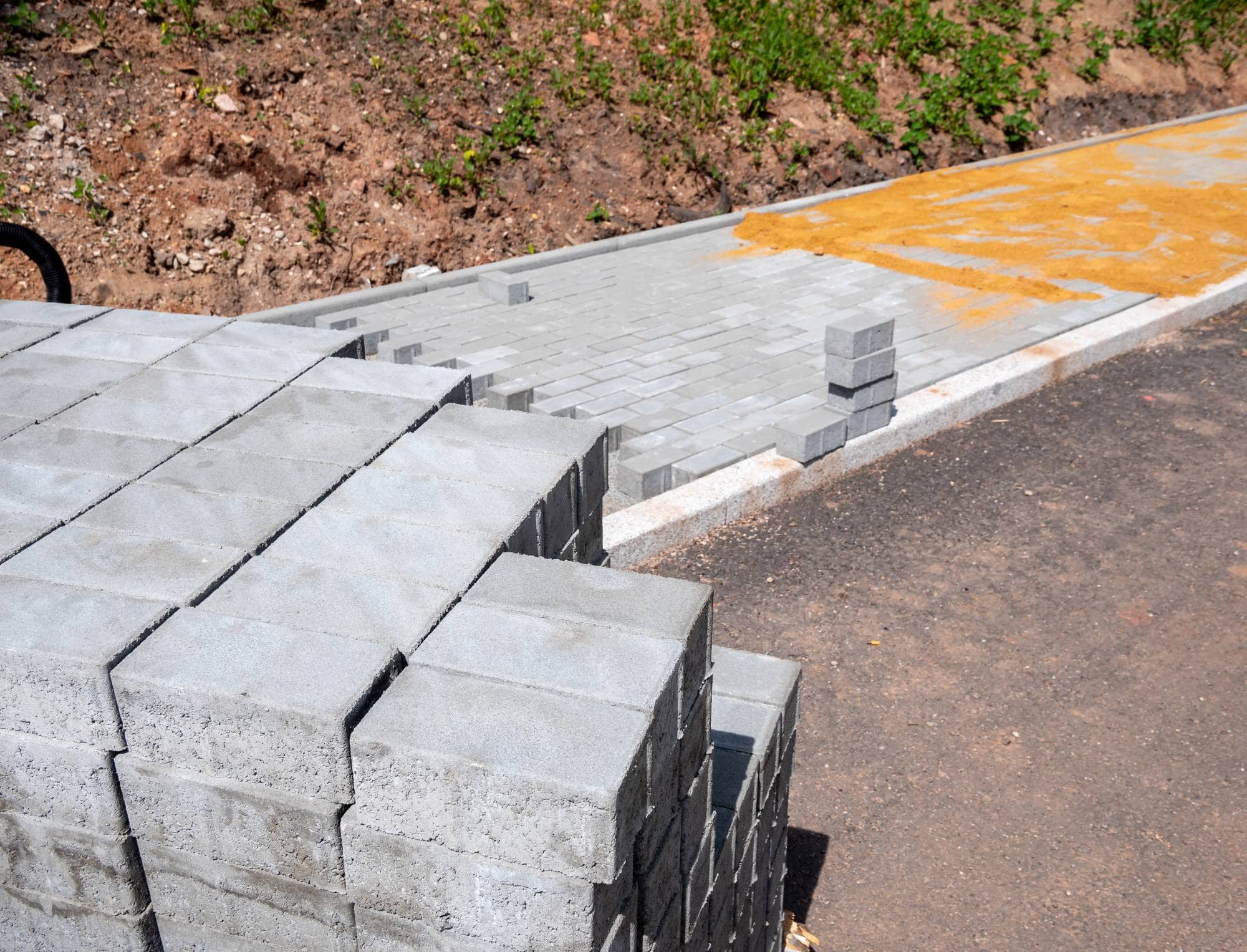
First, we clean your asphalt thoroughly. That means removing debris, treating oil stains, and making sure the surface is ready to accept the sealant. Skipping this step is where most jobs fail—sealant won’t bond properly to dirty or contaminated asphalt.
Next comes crack filling if needed. We address any cracks larger than hairline before sealing because sealing over damaged areas just hides problems temporarily. You want repairs that actually fix things.
Then we apply the sealcoat using professional equipment that ensures even coverage. We’re not painting with brushes here—proper application requires the right tools and technique to avoid streaks, puddles, or thin spots that fail early.
Finally, we protect the fresh surface during curing. That means barriers to keep traffic off until it’s fully dry, usually 24-48 hours depending on weather. You get clear instructions about when it’s safe to use your driveway again.
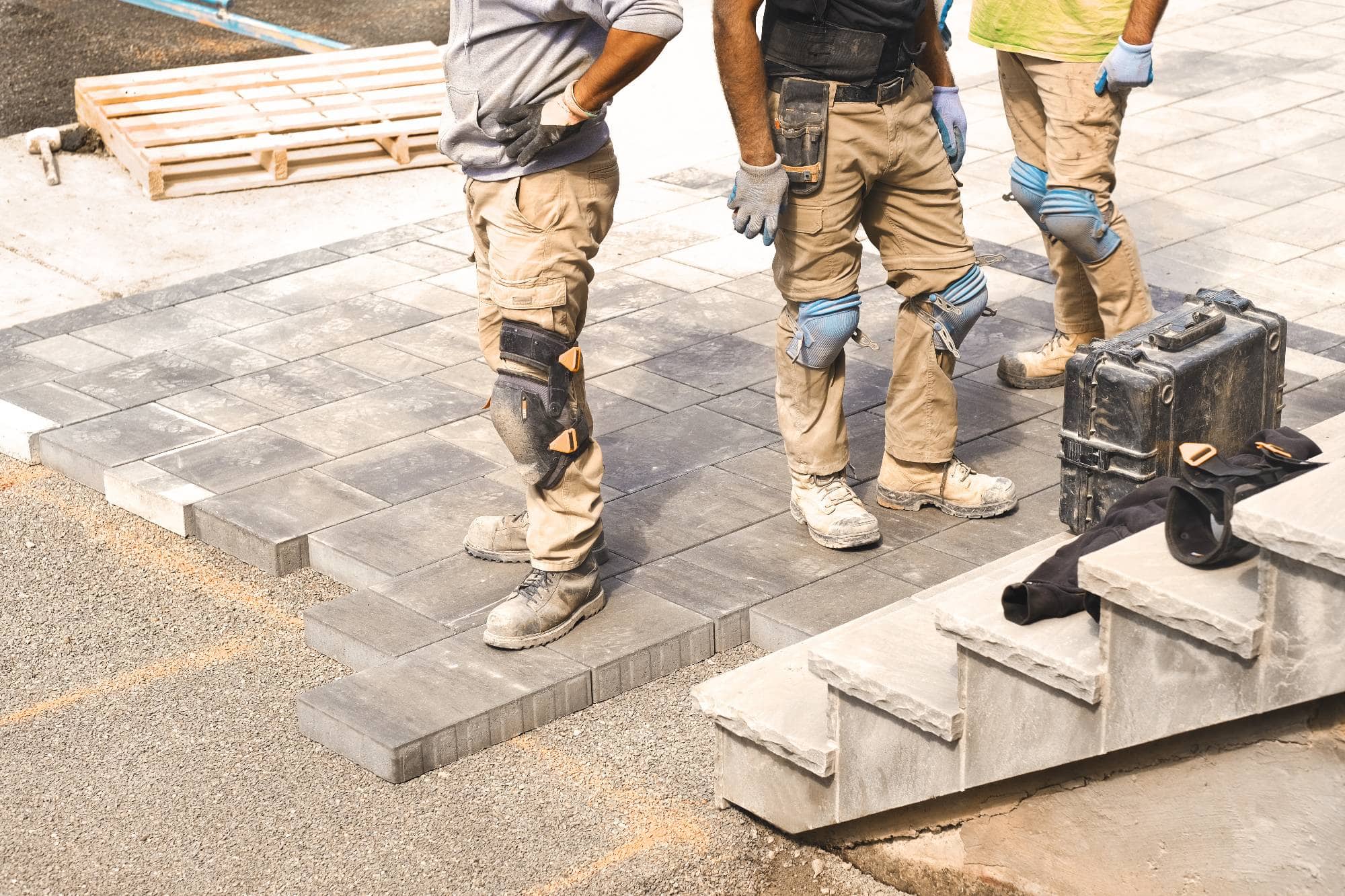
Ready to get started?
Every seal coating job includes thorough surface preparation, crack filling for cracks up to a quarter-inch, and two-coat application of commercial-grade sealant. We’re not cutting corners with single coats that look good for six months then start failing.
You also get edge work around your entire driveway perimeter. Those edges where asphalt meets grass or concrete are where water infiltration usually starts, so we make sure they’re properly sealed and protected.
We handle cleanup completely. Your landscaping, walkways, and garage floor don’t get sealant overspray because we take time to mask properly. When we’re done, the only thing that looks different is your freshly sealed driveway.
Weather delays don’t cost you extra. Long Island weather changes fast, and we’d rather reschedule than apply sealcoat in conditions that compromise the job. You want it done right, not just done quickly.
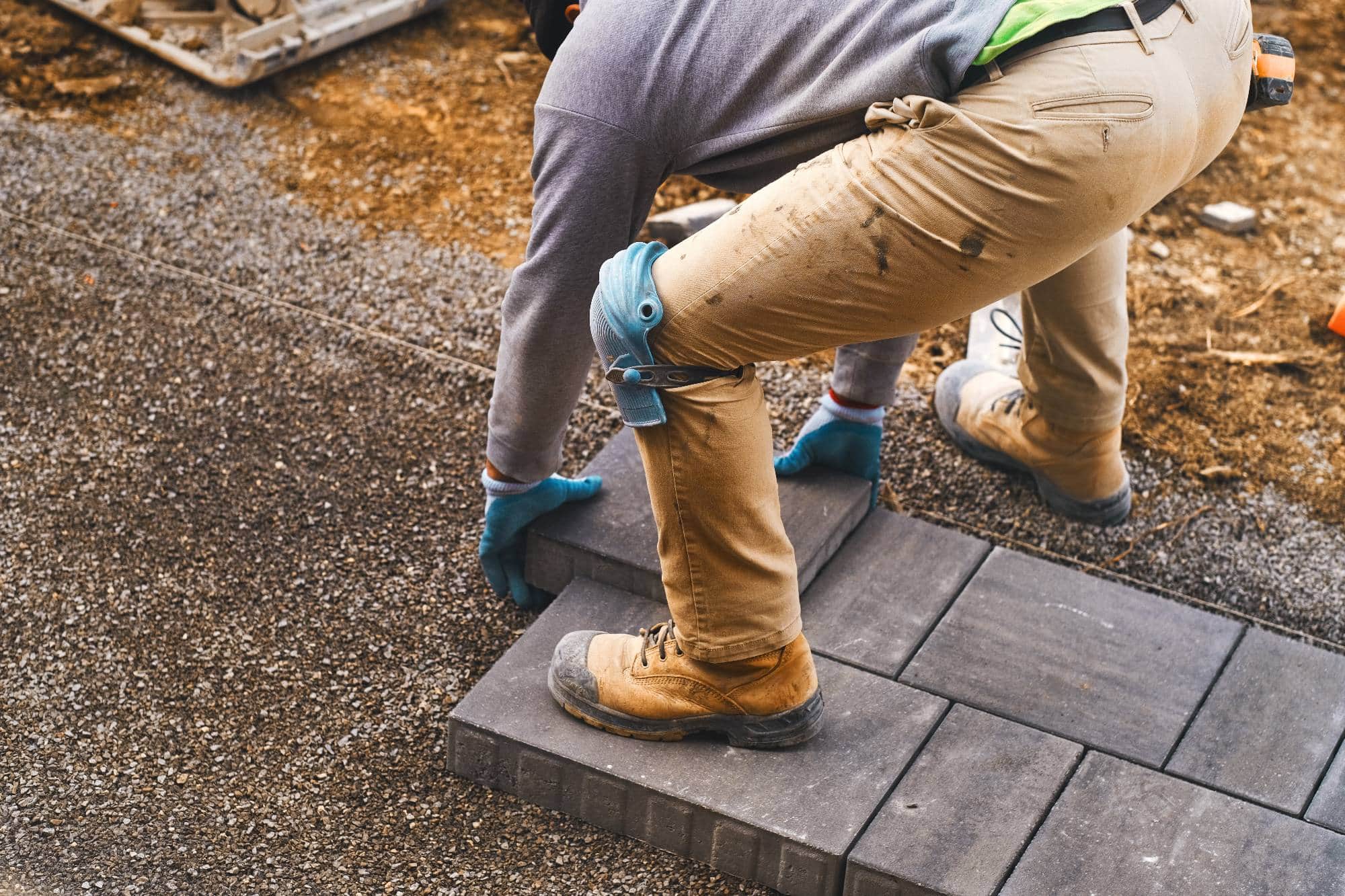

We are a family owned and operated paving contractor servicing customers on the East end of Long Island. We specialize in all phases of paving from start to finish.